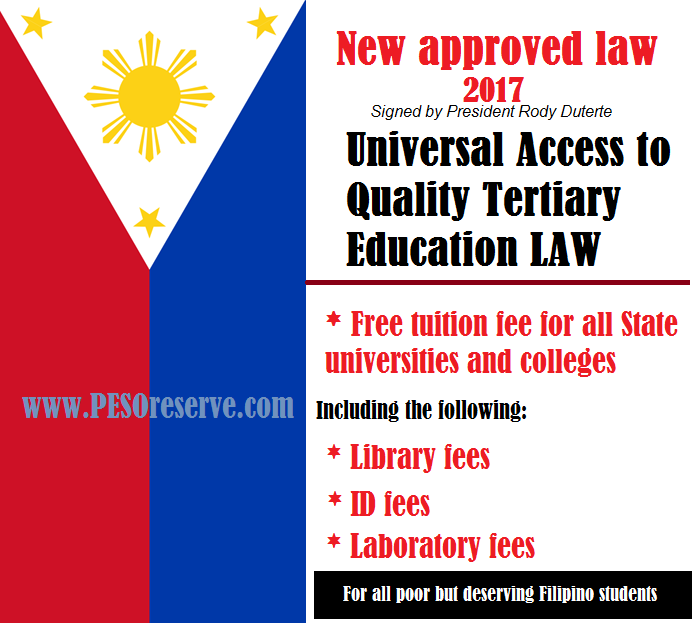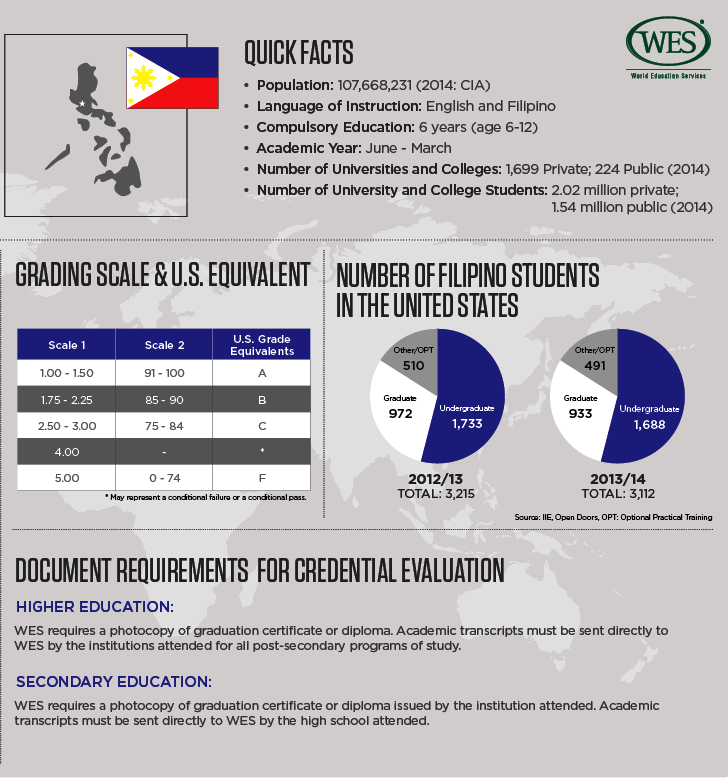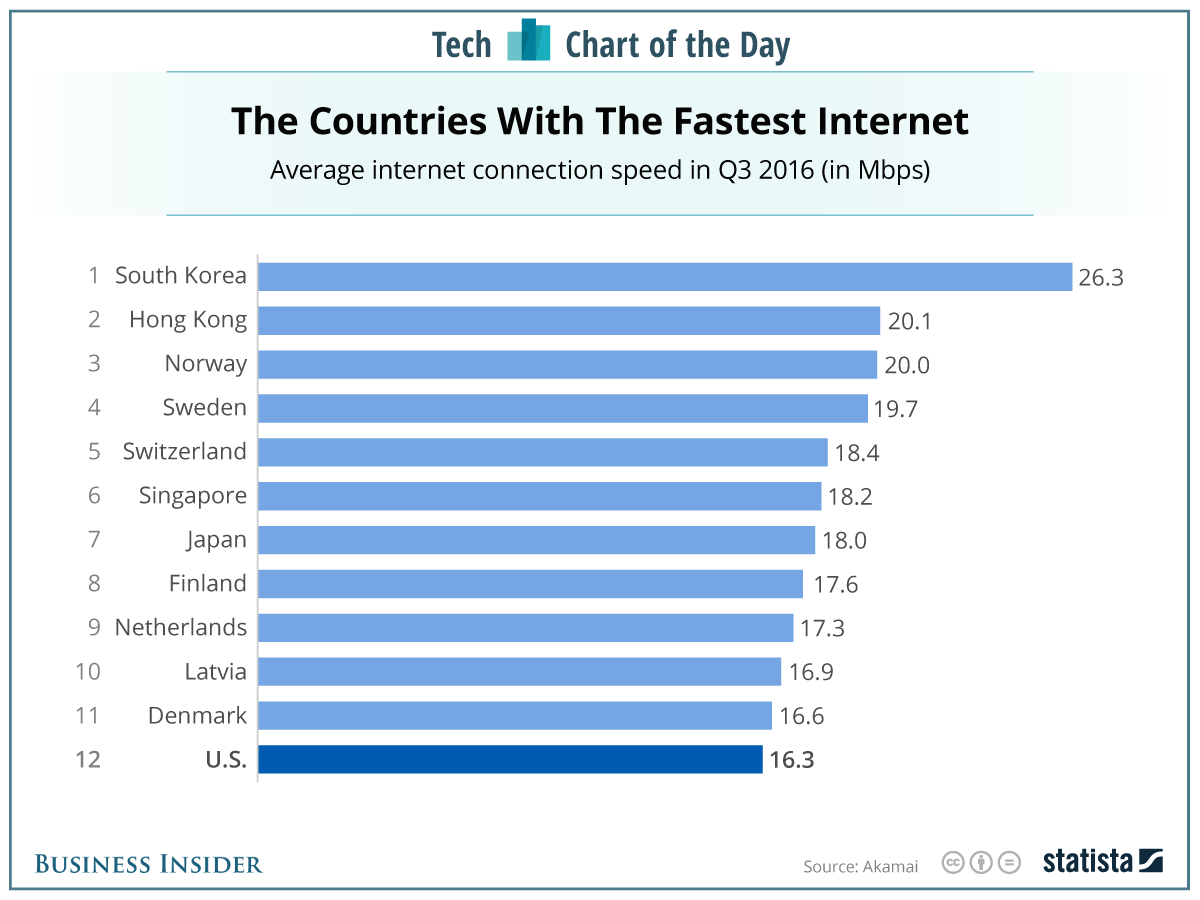
Universal Access to Quality Tertiary Education Law for bottom 20% poor but deserving Filipino students
- Free tuition fee for all state colleges and universities
- Free Library access
- Free ID
- Free laboratory access
President Duterte has signed into law the Universal Access to Quality Tertiary Education Act which grants free tuition to all state universities and colleges (SUCs) in the country.
This despite the suggestion of a veto by Budget Secretary Ben Diokno as the government cannot afford to shoulder its cost estimated to be around ₱100 billion.
During the Mindanao Hour press briefing Friday morning, Senior Deputy Executive Secretary Menardo Guevarra said that the President signed the bill Thursday night.
“The enrolled bill came to the Office of the President nearly 30 days ago and during that period, there had been a lot of discussions and study about the bill because of its heavy budgetary implication” he explained.
Guevarra said that free tertiary education in SUCs is a very strong pillar or cornerstone of Duterte’s social development policy and that the President was still trying to figure out the best possible solution regarding the bill.
“So we weighed everything and came to the conclusion that the long-term benefits that will be derived from a well-developed tertiary education on the part of the citizenry will definitely outweigh any short-term budgetary challenges,” he said.
The Palace official also said that whether or not economic managers are for the passing of the bill, the more important thing now is to find the budgetary allocation for the program.
“Everyone, including the economic managers, will have to focus their attention on funding for this program because this will have to be implemented soon,” Guevarra said, adding that the SUC law will be implemented on the next school year.
Since the government has already submitted the proposed 2018 national budget to Congress, Guevarra said that certain adjustments can still be made so allocation for the law can be made.
“That is really the principal responsibility of Congress when they deliberate on the budget. Right now, I have nothing very specific to say about which projects or which programs or which agency’s proposed budget might be affected,” he said.
“If Congress is really serious in finding the appropriate funding for this free tuition program, they will have to find the necessary sources for this particular program,” he added.
Guevarra also addressed the estimate of the Department of Budget and Management (DBM) that ₱ 100 billion would be needed to implement the SUC law.
“The Commission on Higher Education (CHED) thinks otherwise. The ₱ 100-billion estimate of the DBM seems to be on the very high side because that is on the basis on the assumption that all aspects of the free tuition bill will be implemented all at the same time,” he said.
The CHED estimated that ₱ 34.1 billion would be needed for the implementation of the law.
According to Guevarra, the government would only have to spend on the mandatory provisions of the bill which includes tuition and miscellaneous fees which would need around ₱ 16 billion.

The related educational expenses like books and boarding would be shouldered for “deserving 20 percent” by the CHED’s Unified Student Financial Assistance System for Tertiary Education (UniFAST) program.
“As far as I know those are the only mandatory provisions of the bill for now – the free tuition and other fees. Other fees would refer to something like library fees, ID fees, laboratory fees, and stuff like that,” Guevarra explained.
“Now as to the subsidy for related educational expenses, that is something to be processed by the UniFAST board which is supposed to have a system of priority,” he said, adding that the fund and system under the UniFAST are yet to be established.

“In other words, ‘yung mga talagang nangangailangan, the bottom 20 percent, will be prioritized in terms of subsidy for educational-related expenses,” he added.
The UniFAST rationalizes the allocation, utilization and client-targeting of government resources and improves access to quality higher and technical education for those who need it.
It also serves as the ultimate national human resource development mechanism and strategy that will direct beneficiaries to priority courses needed for economic growth and development. - By Argyll Cyrus Geducos from Manila Bulletin














 Top 12 World's fastest Internet, South Korea rank no. 1. Illustration Photo: businessinsider.com
Top 12 World's fastest Internet, South Korea rank no. 1. Illustration Photo: businessinsider.com



















